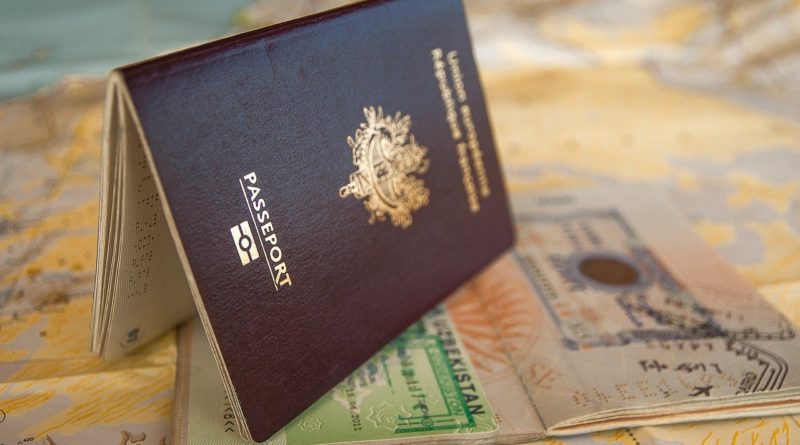Europol: France nabs the leaders of a document fraud network active in the EU
French law enforcement authorities arrested nine suspects involved in document fraud and the facilitation of illegal immigration. Supported by Europol, this operation is the result of a cross-border cooperation between law enforcement authorities in France, Germany, Greece and Switzerland. Two leaders of the criminal gang, both Algerian nationals, are among the suspects arrested in France.
The criminal network was active in multiple EU countries
The criminal network procured and distributed forged and falsified administrative documents to irregular migrants from North Africa based in France, Germany, Switzerland and most likely other EU countries. The criminal network produced the false documents in Athens and shipped them via courier companies. The beneficiaries, counterfeiters and suppliers communicated via social media networks.
Seizures include:
• 37 counterfeit, falsified and genuine documents (Algerian, Austrian, Bulgarian, French, German, Greek, and Swiss) including passports, IDs, driving licences, residence cards, birth and marriage certificates;
• electronic and mobile devices;
• €2 400 in cash and evidence of international bank transfers between France, Belgium, Germany and Spain.
The arrested gang leader who was known to the German and Swiss law enforcement authorities resided in Mulhouse, France. The suspect acted as a central interface between the counterfeiters in Greece and supervised a France-wide network of individuals hunting potential customers of illegal services. Another arrested suspect played a primary role in the recruitment of irregular migrants seeking false documents in the Paris region.
Document fraud is one of the engines of organised crime in the EU. Although document fraud has no direct impact on most citizens in the EU, it facilitates other serious and organised crimes. This operation is the first successful step of an EU-wide investigation that began in December 2018. Europol supported the operation by facilitating the information exchange and analysing operational data and thus identifying cross-border links. This operation was carried out within the framework of the Joint Operational Team (JOT) Doc Fraud, under the EU EMPACT priority on the facilitation of illegal immigration.



